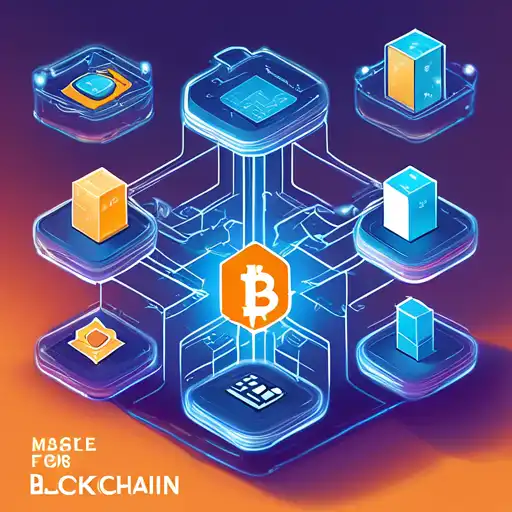What Is Blockchain?
Blockchain technology is a decentralized digital ledger that records transactions across many computers in such a way that the registered transactions cannot be altered retroactively. This technology is the backbone of cryptocurrencies like Bitcoin and Ethereum, but its potential applications extend far beyond digital currencies.
How Does Blockchain Work?
At its core, blockchain is a chain of blocks, where each block contains a number of transactions. Every time a new transaction occurs on the blockchain, a record of that transaction is added to every participant's ledger. This decentralized database managed by multiple participants is known as Distributed Ledger Technology (DLT).
Key Features of Blockchain
- Decentralization: Unlike traditional ledgers or databases controlled by a central authority, blockchain is decentralized and distributed across a network of computers.
- Transparency: All transactions are visible to anyone within the network, ensuring transparency.
- Immutability: Once a transaction is recorded on the blockchain, it cannot be altered or deleted, making the system secure and tamper-proof.
Benefits of Blockchain Technology
Blockchain offers numerous benefits, including enhanced security, increased transparency, reduced transaction costs, and improved traceability. These advantages make it appealing for various sectors, including finance, healthcare, and supply chain management.
Applications of Blockchain
Beyond cryptocurrencies, blockchain technology is being explored for use in smart contracts, voting systems, and identity management. Its ability to provide secure and transparent record-keeping makes it a valuable tool for many industries.
Getting Started with Blockchain
For beginners interested in blockchain, starting with understanding the basics of cryptocurrencies is a good step. There are numerous resources available online, including courses and tutorials, that can help you grasp the fundamentals of blockchain technology.
Exploring blockchain platforms like Ethereum, which allows for the creation of smart contracts and decentralized applications (DApps), can also provide practical experience. Remember, the field of blockchain is vast and constantly evolving, so continuous learning is key.
Conclusion
Blockchain technology is revolutionizing the way we think about digital transactions and data security. Its decentralized nature offers a level of security and transparency that traditional systems cannot match. Whether you're interested in cryptocurrencies or the broader applications of blockchain, understanding this technology is the first step towards leveraging its potential.
For more insights into digital technologies, check out our technology section.
